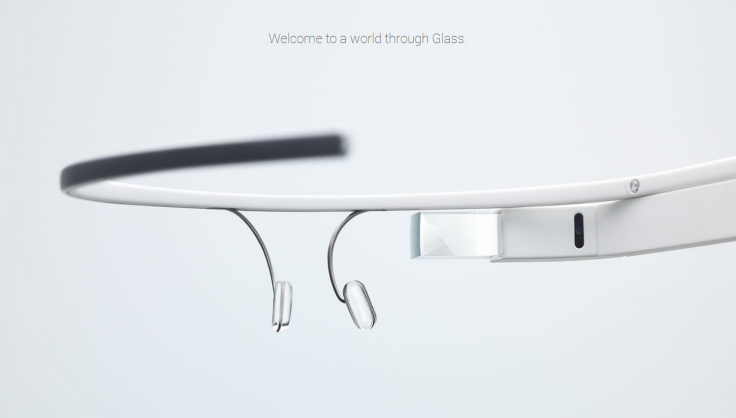Google Glass #IfIHadGlass Contest Winners: 8,000 To Be Notified On Twitter

We may soon see the many inventive things people would do with Google’s new high-tech eyewear, Google Glass, as the company has begun announcing the winners of its “If I Had Glass” campaign.
Congratulatory tweets from Google to various winners began surfacing Tuesday reading, “You're invited to join our #glassexplorers program. Woohoo! Make sure to follow us - we'll DM in the coming weeks.”
Google has selected an exclusive group of 8,000 people to be among the company's “Glass Explorers,” who will get to buy and try Google Glass before anyone else. But being among the elite doesn’t come cheap; these explorers still have to shell out $1,500 in order to get their hands on a pair of Google’s “smartphone for your face.”
The first six winners to receive tweets were: Sarah Hill, who wants to use Glass at a VA hospital and help veterans visit war memorials without having to travel; Herschel Taghap, who wants to give an in-depth view of life as a line cook in a busy metropolitan restaurant; Shannon Rooney, who wants to help her Japanese grandmother experience home country without leaving her house in the U.Sl; David Moriarty, who wants to use Glass as a medium for data entry and sharing in clinical trials; Anthony Brown, a zookeeper who wants to use Glass to hang out with penguins, and Max Wood who wants to use Glass to improve firefighter safety.
Other winners include Vitor Silva, who wants to use Glass to revolutionize his sports watching experiences, Redmond Burke who wants to use Glass as part of his work as a pediatric heart surgeon, Yelena Podkolzina who wants to wear a pair of Glass on her wedding day, and Andrew Vanden Heuvel who wants to use Glass to enhance the way he teaches science, according to PC Magazine.
More winners can be found by searching “You’re invited to join our #glassexplorers program” on Twitter, and Google will continue to announce new winners in the coming days. Glass Explorers have been invited to attend a special event in New York, San Francisco or Los Angeles to pick them up in order to pick up a pair.
The “If I Has Glass” campaign took off in February, when Google introduced is shiniest new toy to the world. Hopefuls were required to apply through Google+ or Twitter, explaining what they would do with Google Glass in 50 words or less, beginning with the hashtag #ifihadglass.
On its website, Google shows how glass can tell time, take photos and video, share media, get directions and other information and orchestrate voice messaging and translation, among many likely features.
Google Glass is just one of many projects based around the concept of “wearable computing.” In addition to Google, companies like Apple and Samsung are also in the market for developing Internet-connected wristwatches that work as multipurpose devices similar to smart phones. The premise behind such devices is to use voice commands instead of controlling operations on a touch-screen display. Google Glass features a hidden camera and tiny display screen attached to a rim above the right eye and comes equipped with connectivity to email, online social networks and other essential information.
Google’s promo for Glass shows how users can take a photo of a child without having to stop play time, or take video of a ballet performance from behind the scenes, or share live footage of New Year’s in Times Square, or get hiking directions without having to stop and ask, or send a message while getting ready to snowboard from the top of a snowy mountain. Or get information about the Brooklyn Bridge as you cross it, or translate Japanese to English in the middle of an Asian vegetable market, or get your flight information as you sprint to the terminal.
Google Glass appears to be a tantalizing pair of eyewear, but watchdog groups are reportedly concerned that the device could infringe on a person’s privacy, such as making it harder for people to know when they are being filmed, photographed or recorded.
However, Google says the Glass Explorer program has been instated in order to tackle such issues and to help engineers understand how the device might be used while making any necessary adjustments.
Once on the market, Google Glass is expected to sell for between $700 and $1,500.
© Copyright IBTimes 2024. All rights reserved.












